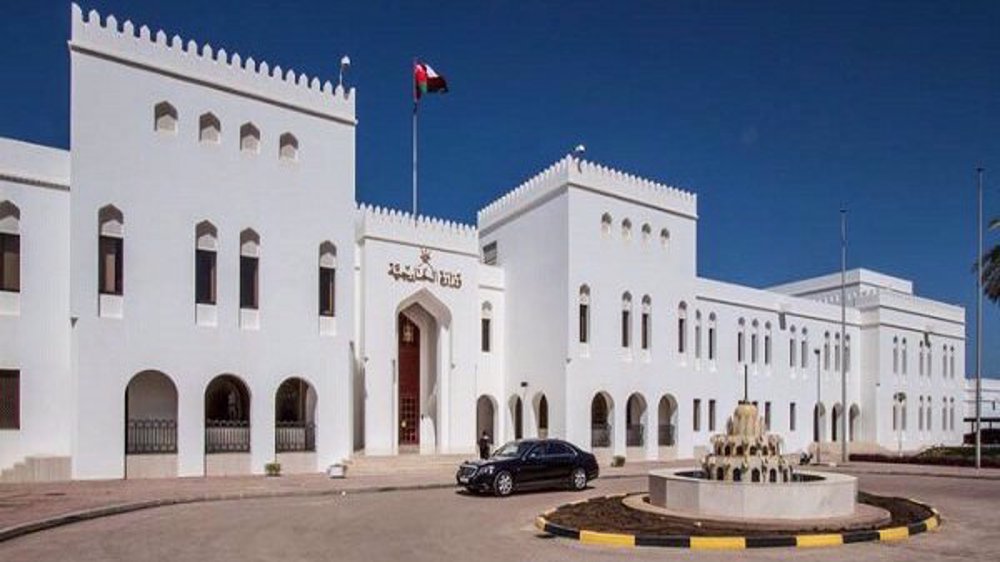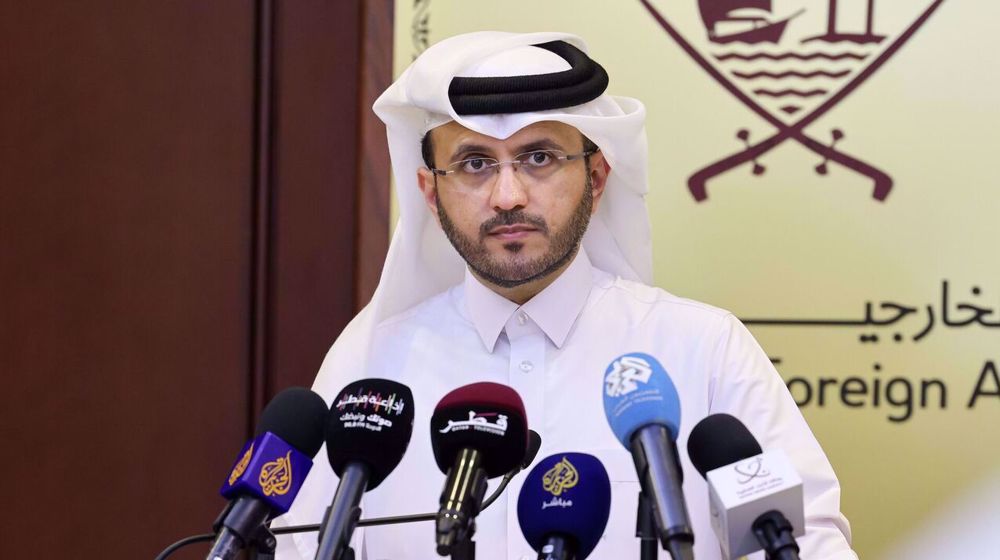UK siding with Bahraini dictators rather than people: Opposition
The British government has decided appeal to the Bahraini dictators rather than turning to the people of the tiny Persian Gulf country, says an opposition member.
Saeed al-Shehabi, who is with the London-based Bahrain Freedom Movement, made the remarks in a phone interview with Press TV on Saturday.
He was commenting on reports that Britain was about to open a massive permanent military base in Bahrain and deploy warships in the Persian Gulf.
“We were hoping that instead of widening the military intervention in the region, the UK would work to bring peace and security rather than militarization,” Shehabi said.
He also voiced regret that Britain’s withdrawal from the Persian Gulf in 1971 did not lead to the “democratization” of the Arab states as, “unfortunately, the British did not work for that end.”
London, instead, has opted for “blind support” of the Arab monarchies of the Persian Gulf, even though they are engaged in various forms of crime, such as “torture… dictatorship, or crimes against civilians as we see today on the war on Yemen,” by Saudi aggressors.
The activist further decried the UK commitment to the Bahraini royal family, saying, “they have decided to side with the dictator, not the people.”
Manama has spared no effort to clamp down on the dissent and rights activists. Scores of people have lost their lives and hundreds of others sustained injuries or got arrested as a result of Al Khalifah regime’s crackdown on anti-regime activists.
Thousands of anti-regime protesters have held numerous demonstrations in Bahrain on an almost daily basis ever since a popular uprising began in the kingdom on February 14, 2011.
They are demanding that the Al Khalifah dynasty relinquish power and a just system representing all Bahrainis be established.
“We had always hoped that the UK honored the slogan of bringing democracy in the world, to support democratic transformation, and to oppose human rights violation. We saw the opposite exactly. We saw them working hard to appease the dictators in Bahrain and Saudi Arabia.”
Recently, British Prime Minister Theresa May refused to say if she would withdraw backing for Saudi Arabian membership at the UN Human Rights Council, despite the fact that Saudi forces are accused of war crimes in Yemen.
“That is completely against the values of decent human rights loving people in the world,” Shehabi asserted “This is against the ethics and morality of the decent people who want to see peace and security as well as political reforms in the region. So, I was hoping that Theresa May would change the course that had been adopted by her predecessor, David Cameron, especially that he had failed in his mission.”
Saudi Arabia’s incessant bombing of Yemen since March 2015 has killed thousands of people, amid countless reports suggesting the deliberate and indiscriminate targeting of civilian infrastructure by its forces and mercenaries.
Following a decision to leave the European Union in a June referendum, Shehabi said, there was hope that the UK would “forge new links and relations with the people, not the dictators.”
VIDEO | Press TV's news headlines
Paris silencing pro-Palestine voices
Iran raises alarm at ‘environmental consequences’ of US militarism
Iran: UN Security Council inaction on Israeli crimes ‘catastrophic’
Report: US intel debunks Trump's claim of Iran working on ICBMs
Vance says 'skeptic of military intervention' after progress in Iran talks
VIDEO | Third round of Iran-US nuclear talks concludes in Geneva
Geneva talks: Iran signals firm resolve, rejects US pressure, proceeds with cautious optimism









 This makes it easy to access the Press TV website
This makes it easy to access the Press TV website